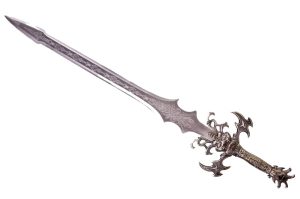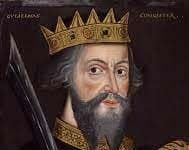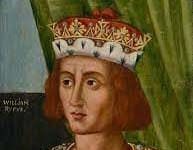Khalid ibn al-Walid | Brief Biography
Khalid ibn al-Walid | Brief Biography
Khalid ibn al-Walid (592-642) was a prominent companion of the Prophet Muhammad and a renowned military commander in the early days of Islam. He was born in the Arabian Peninsula in the tribe of Banu Makhzum, a branch of the Quraysh. His father was al-Walid ibn al-Mughira, a respected chieftain of his tribe.
As a young man, Khalid was known for his bravery and skill in combat. He fought in several battles before converting to Islam, including the Battle of Uhud, where he fought on the side of the Meccans against the Muslims. However, after the Treaty of Hudaybiyyah was signed between the Muslims and the Meccans, Khalid decided to join the Muslim army.
Khalid’s first battle as a Muslim was the Battle of Mu’tah, where he led the Muslim army after the original commander was killed. Although the Muslims were eventually forced to retreat, Khalid’s leadership was praised by the Prophet Muhammad. Khalid then fought in several other battles, including the Battle of Hunayn, where he played a key role in the Muslim victory.
Khalid’s greatest military achievement came during the Ridda Wars, a series of battles that took place after the death of the Prophet Muhammad when many Arab tribes rebelled against Muslim rule. Khalid was appointed by the first caliph, Abu Bakr, to lead the Muslim army in these battles. He proved to be an excellent strategist and tactician and was able to defeat several powerful rebel tribes, including the Banu Tamim and the Banu Hanifa.
After the Ridda Wars, Khalid continued to lead the Muslim army in several other battles, including the Battle of Mu’tah and the Battle of Hunayn. He also played a key role in the Muslim victory at the Battle of Yamama, where he led a group of elite warriors known as the “Sword of God.” His military prowess earned him the title “Saifullah,” or “Sword of God.”
Khalid ibn al-Walid‘s military career came to an end in 634, when he was relieved of his command by the second caliph, Umar. The reasons for this are unclear, but some sources suggest that it was due to Khalid’s harsh treatment of prisoners of war. Khalid lived the remainder of his life in retirement and died in 642. 0 0 0.
Sources:
Sources for Khalid’s biography include the hadith literature, which contains many accounts of his military exploits and interactions with the Prophet Muhammad. Other sources include the biographical works of Ibn Ishaq, Ibn Hisham, and al-Tabari. ***
N.B. This article originally belongs to the book entitled ‘Brief Biographies of Eminent Generals and Conquerors’ by Menonim Menonimus.
Books of Biography by M. Menonimus:
- The World Writers-Brief Biographies
- Introduction to World Writers
- Introduction to World Personalities
- Love of Reputed Persons
- Brief Biographies of Prominent Bengali Writers
- Brief Biographies of Eminent Monarchs
- Brief Biographies of Ancient Thinkers and Writers
- Brief Biographies of Eminent Generals and Conquerors ..
Books of Literary Criticism by M. Menonimus:
- World Short Story Criticism
- World Poetry Criticism
- World Drama Criticism
- World Novel Criticism
- World Essay Criticism
- Indian English Poetry Criticism
- Indian English Poets and Poetry Chief Features
- Emily Dickinson’s Poetry-A Thematic Study
- Walt Whitman’s Poetry-A Thematic Study
- Critical Essays on English Poetry
- Tawfiq al-Hakim’s Novel: Return of the Spirit-An Analytical Study
- Tawfiq al-Hakim’s Novel: ‘Yawmiyyat Naib Fil Arayaf’-An Analytical Study
- Analytical Studies of Some Arabic Short Stories
- A Brief History of Arabic Literature: Pre-Islamic Period (500 AD-622 AD)
- A Brief History of Arabic Literature: Early Islamic Period (622 AD-661 AD)
- Reviews on William Shakespeare’s Works
- Reviews of Charles Dickens’ Works
- Reviews of John Milton’s Literary Works
- Reviews of Some Iconic Travelogues …
Additional Searches:











